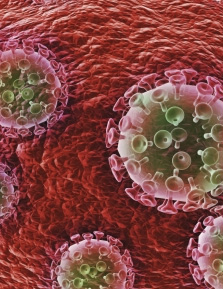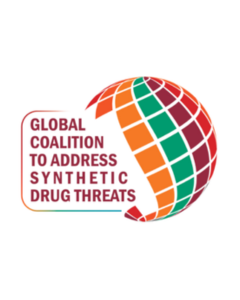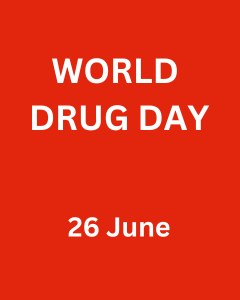Russian paper Kommersant and Ria News report on Russian Drug Control Agency’s (FSKN) Viktor Ivanov call to revise the legal responsibility for possession of drugs without the intent to sell, in the amount sufficient for limited dealing, large-scale dealing, and operating organized networks. Currently, these crimes are viewed as gross misdemeanors or felonies and Ivanov thinks that instead these crimes should be viewed from the point of the societal harm they are producing. Ivanov reasoned that the majority of individuals serving sentences for these crimes are regular drug users who probably had a dose on them for personal use; this situation serves the interests of law enforcement staff for their reporting. The legal reform targeting these issues has to be implemented before 2020, Ivanov recommends. Interfax also reports that FSKN’s head wants criminal cases against drug users to be stopped at the level of preliminary investigation if the drug user has agreed to treatment. This will help reduce street crime, Ivanov thinks. He also states that yearly 200 thousand drug users are charged with administrative and criminal charges and redirecting these individuals into treatment will help the overall situation with drug use in the country.
Coverage continues with Ura.ru report on plans for a major overhaul of Russia criminal justice system that has been proposed by drug control. The reform has the potential to radically change the way law enforcement operates and will change the lives of drug users and drug dealers. The article is a standalone article and there is little more information available on this proposed reform. The article discusses that the current minimal doses make everyday heroin users into criminals because even possession for personal use is currently punished as possession of a large dose of drugs. This approach has influenced the number of prisoners in Russia where almost a quarter of those in prison are serving for crimes related todrugs. Experts interviewed for the article indulging the director of the Center for Narcological Health of the Nation, Oleg Zykov, say that because these draconian measures affect young users who are imprisoned for possession of small amounts of drugs, Russian society is becoming tremendously criminalized having such a large population that have served time in prison. The experts also underline that global drug policy specifies that services are necessary that can help individuals not end up in prison again or ever. At a recent conference dedicated to Russia’s anti-drug strategy Ivanov proposed major reform of the legal base linked to drug possession and focus on organized crime, differentiation between administrative and criminal code and a substantial rehabilitation program that could support recovery. The article states that while these are just proposal, the approach has potential to radically change how Russia views drug users and drug use.
Andrey Rylkov Foundation Weighs in on Ivanov’s Reforms
Andrey Rylkov Foundation responds to Ivanov’s call to reform with a suggestion to increase legal minimums 10 times for drugs and 100 times for smoking mixtures aka spices since currently these amounts are set at 2.5 grams for heroin and 0.25 grams for spices, making every possession a felony crime. Anya Sarang –the Foundation’s director- also thinks that work needs to be conducted to de-incentivize the targeting of drug users by law enforcement agents. This practice is commonly performed by law enforcement to close larger, more complex cases involving the drug trade and is done to improve the agencies’ performance. She also mentions that in many countries decriminalization is being reviewed as a potential path that helps reduce HIV, overdose and that leads to improvements of health services for drug users.




